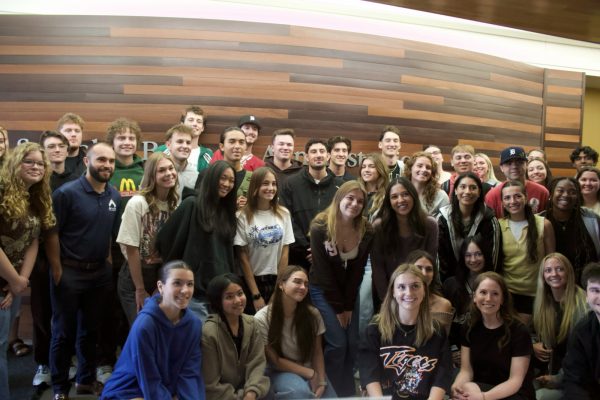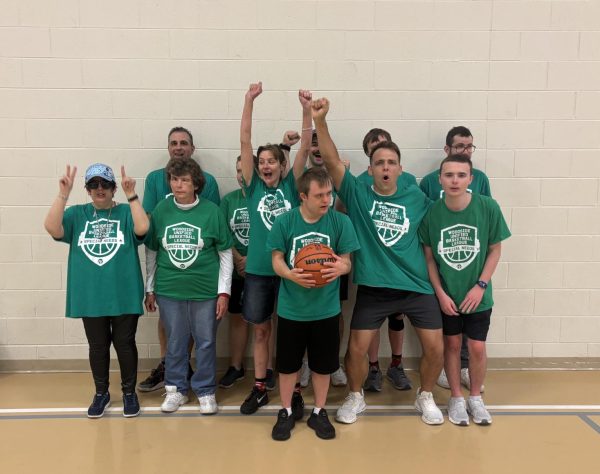OU professors publish book focused on women-centered hip hop
Rebekah Farrugia and Kellie Hay, professors in the Department of Communication, Journalism and Public Relations, published a book called “Women Rapping Revolution-Hip Hop and Community Building in Detroit” in May.
Detroit has long been recognized as a center of musical innovation and social change. Farrugia and Hay decided to study and write about hip hop culture after attending an event in the Cass Corridor, titled “The Foundation: Women in Hip Hop Open Mic Night.”
“It was an opportunity to educate and encourage the community to think about the negative messages and values that are sometimes promoted in hip hop culture,” Farrugia said. “It didn’t take us long after that to decide that this rich culture was the one we wanted to dive into, study and write about because there was a lot going on that the world needed to know about.
From studying each topic, to publishing articles in academic journals and to finalizing details for publication, the process took about seven years.
“We were really happy to find out that our writing styles blended well together,” Hay said. “We have this running joke that ‘it takes two.’”
According to Farrugia and Hay, their book is about how women create stages for themselves in Detroit’s underground hip-hop scene and how their cultural production reverberates beyond hip-hop to impact the broader community.
The book not only contains textual analysis on hip-hop culture and particular songs, but it also highlights topics such as feminism and activism. Farrugia and Hay explained that a number of women involved in this industry work through vulnerability in their music as a process of growth and gaining strength, aka the idea of being a “Vulnerable Maverick.”
They believed that this “Vulnerable Maverick” isn’t a correct representation of “Black womanhood.” With their belief, they wrote the book as a step in the direction of eliminating systemic racism.
“We need the powers that would [convince] the white society to see people of color as multidimensional human beings,” Farrugia said.
Through this book, Farrugia and Hay wanted to deliver two lessons:Black citizens have to be viewed as three dimensional human beings by dominant, white society, and value all of the elements that make up hip hop culture. It is so much more than what the commercial media industry presents, and there is much talent and brilliance that is never on the public stage.
Farrugia and Hay mentioned the impact the publishing process brought to them. It allowed them to become more thoughtful researchers and better writers, after questioning and collaborating.
As authors and professors, Farrugia and Hay hope their book reaches the broadcast possible audience, and they hope people to teach with it, have community conversations and learn how scholars and artists collaborate.
To learn more about Farrugia and Hay’s work, visit University of California Press.





